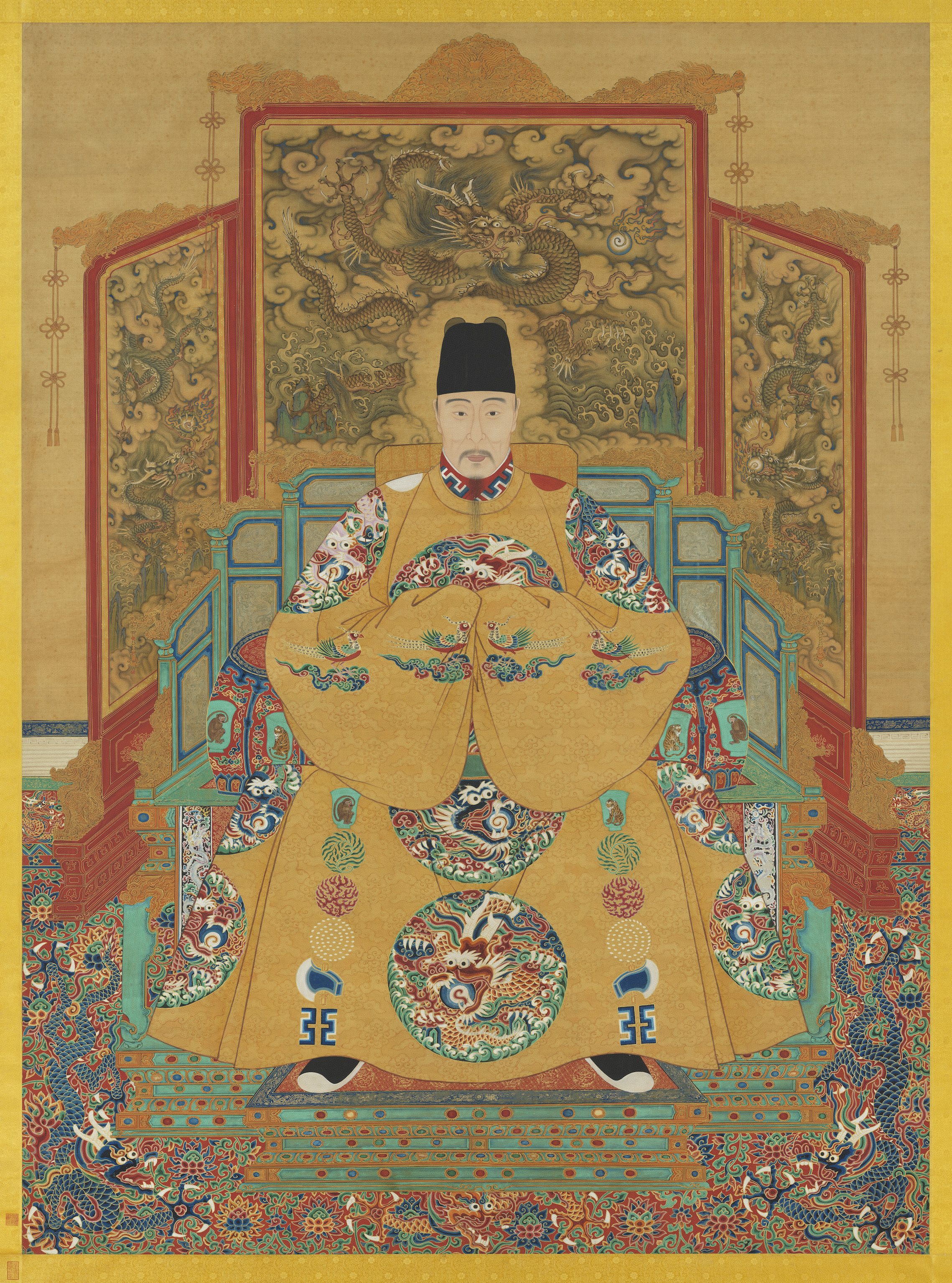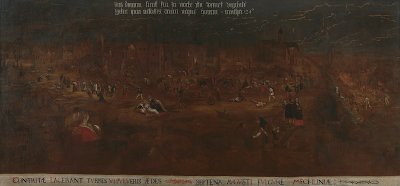Murders discovered by strange means, and punished.
Notwithstanding that, the Court seeing he had nothing else to say against him, caused 20 men to speak one after another, and still as they spoke, the blind man was asked whether he knew their voices, where he replied that it was none of them. At last when the prisoner had spoken, the blind man said that it was he who answered him on the mountain. The same confusion of voices having been two or three times reiterated, the blind man hit always on the right, and never missed. Take all the accidents of this process severally, and you shall find many that make for the prisoner. But when you have thoroughly considered the contrary, there are a number of circumstances which make against him: a new citizen which had set up a new shop a little after the Lucquois disappearing, the honesty of the Lieutenant known to all men, the deposition by him and the Sergeant made: but especially the miraculous encounter of the blind man, who was both at the murder, as afterward in the inn where Bigot lay: and finally that without any fraud he had discerned the murderers voice from many others. All these things duly weighed, were the cause of the wretched man's condemnation: who before he was executed, confessed all, to the discharge of the Judges consciences. E. PASQVIER in 5. booke des Recerches of France. Chap. 20.
 |
| Saint Oportunes church. |
On Christmas eve 1551 a certain fellow brained a young woman with a hammer, hard by Saint Oportunes Church in Paris, as she was going to midnight mass, and took away her rings. The hammer was stolen the same evening from a poor smith thereby, who therefore suspected of the murder, was very cruelly handled, and put to an extraordinary kind of torture, by reason of the violent presumptions that made against him. In such a sort that he was quite lamed, and deprived of the means to get his living, where-by reduced into extreme poverty, he made a miserable end.
The murderer remained almost 20 years unknown, and the memory of the murder seemed to be buried with the poor woman in her grave. Now mark how it came out at length, though it was long first. John Flameng Sergeant of the subsidies at Paris, that was afterward chief usher in the Court of Aids, being one day in the Summer at Saint Leups, a village by Montmorency, whether he was sent to sit upon a commission, chanced among other talk at supper, to say before certain of the place, how he had left his wife at home sick, and nobody with her but a little boy. There was an old man then present named Moustier, and a son in-law of his: who immediately upon this speech went away that night, with each of them a basket of cherries, and a green goose [young tender goose], and came about ten of the clock the next morning to Flameng’s house: where knocking, the woman looked out at the window, and asked who it was. They answered that her husband had sent her a green goose, and a basket or two of cherries, whereupon the door being opened to them by the boy, they clapped it too again, and cut his throat. The poor child struggling with them, the woman heard the noise, and stepped out into a gallery joining to her chamber, to see what it was, where perceiving a stream of blood in the yard, one of them told her that it was the blood of the goose: In the meantime the other ran up the stairs thinking to surprise her. She distrusting the truth of the matter, got back again into her chamber, bolted the door within
and cried out of the window for help saying there were thieves in her house. The two wretches, seeing they had failed of their purpose, would have got away, but going to unlock the gate, they broke the key in the lock. So having no means to escape, they went to hide themselves. The youngest climbed up into the funnel of a chimney, the old man covered himself into the bottom of a cellar. There-with the neighbors came running to the house, and breaking open the dore, found the boy lying dead in the yard, where-upon they sought up and down every corner for the murderers; he in the chimney was taken first, and the other after long search was found in the well of the cellar with nothing but his nose above water. They were straight away carried to prison, and shortly after arraigned and condemned to death. Being on the scaffold at the place of execution, the old man desired to speak with the smith’s widow, of whom mention was made at the beginning. When she came he asked her forgiveness, and told her it was he that killed the young woman by St Oportunes Church. This confession of his being committed to record, they were executed as they deserved. E. PASQVIER in the same book and Chapter.












.jpg)









